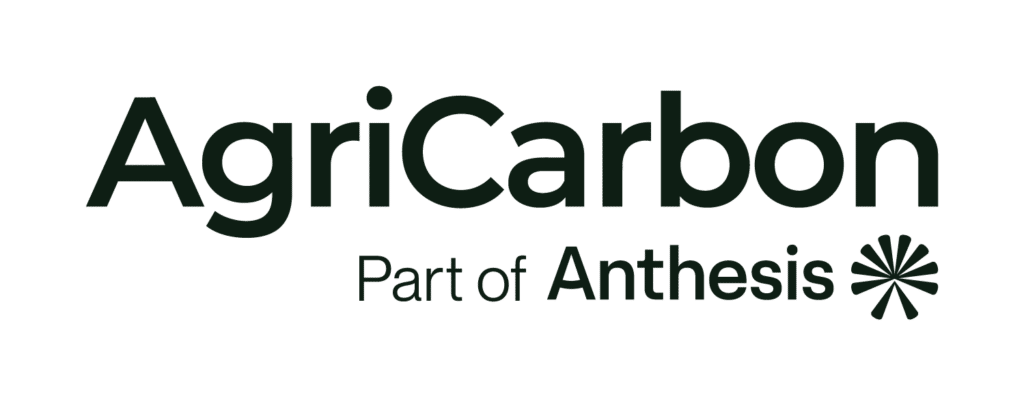FAQ
Find detailed answers to questions about the AgriCarbon programme below, and sign up to our newsletter here for updates on the programme.
Frequently asked questions
Farmers will be required to share information about their management activities on the enrolled fields throughout the year. This information is used to quantify and validate the effect of the improved land management practices on soil organic carbon and calculate the Green House Gas (GHG) emission reductions.
Data to be submitted to Anthesis SA will include the following management records:
- Planting and harvest information (crop, yield, etc.)
- Tillage practices
- Cropping practice (intercropping, crop rotation, etc.)
- Grazing management
- Crop residue management
- Organic and inorganic fertiliser use data (types, quantities, methods of application and date of application)
- On farm fuel usage records
- Irrigation application per month.
With the submitted data, Anthesis SA can calculate and verify the carbon potential of the farmers agricultural land with respect to their change in practices. Based on the calculated potential, Anthesis SA will be able to determine the farmers eligibility to join the programme and the period the farmer can be credited for. Going forward, the initial data provided by the farmer will then serve to establish their baseline.
Adopting regenerative agriculture practices take time and effort but the long-term benefits are significant. The key is in embracing the power of diversity on the farm. Each farm has a unique set of challenges when transitioning to regenerative agriculture. Staying engaged and creative is of utmost importance because there is no simple formula fit for all. So, farmers are encouraged to work closely with technical service providers (agronomists, soil health specialists, soil testing laboratories etc.) to get advice on what changes best suit their needs.
Key methods adopted by farmers in our programme include
- No-till cropping
- and precision agriculture application, with moderate use of agrochemicals
- Diversifying annual cropping systems to include legumes, perennial crops and forages in rotations;
- Cover crops in conjunction with row crops;
- Re-integrating grazing animals into cropping systems;
- Applying biotic fertilizer formulations boosting soil microbial systems and mycorrhizal function
- Improving grazing management, converting marginal and degraded cropland to permanent pasture and forests, and restoring wetlands
To get an in-depth understanding of how farms are included you can review the “Methodology for improved agricultural land-use” here: VM 0042 methodology
All farmers participating in the AgriCarbon Programme have an individual contract with Anthesis SA. The farmers sustainable farming practices and the corresponding farm management data are verified and validated on an ongoing basis before the credits can be issued. This is done through the support from our technical partners, an independent international expert verification body (e.g SCS Global) who ensures that the credits are real, valid, and approved in line with the VERRA`s verified carbon standard. It is of utmost importance for this process to be robust, credible and well documented.
Farmers are encouraged to register at the start of their growing season based on improved land management practices that begun after the last harvest and before initiatives have begun for next year’s harvest.
Farmers will receive payment within 30 days of the sale of the Verified Carbon Units (VCU’s) by Anthesis South Africa.
The minimum price paid to the farmer is R60 per ton of carbon for the first year enrollment. However the payment rate is a percentage of the sales price realised by Anthesis South Africa, as such higher sales prices mean more carbon income to the farmer.
Anthesis SA has partnered with several agricultural companies and service providers who we can assist farmers depending on their needs. These programme partners are already working with enrolled farmers who you can learn from, and who can help with advice, planning and implementation. We have made sure that we partner with entities that are well equipped to help you get started, and are aware of how the programme’s data management works. If your consultant is not enrolled and equipped to guide you, please share their contact information, and we will help them get started.
However, as long as data is well managed, farmers need not rely on consultants to secure their inclusion in the programme.
Farmers are encouraged to commit to the programme for at least 5 years by paying them out a loyalty reward at the end of the term, with automatic 1 year renewal thereafter. However, programme membership can be unsubscribed at any time, but the farmers risks losing potential carbon revenue.
Signing up for the programme is free.
A combination of soil testing, soil organic carbon modelling and other GHG data quantification methods will be used to calculate the credit volumes. The quality of these calculations is ensured by many initiatives such as 3rd party verification and validation of activities and data, checking for additionality and deducting uncertainty calculations. Various local agriculture service providers are also actively involved in some stages of this process. Anthesis SA, an appointed independent auditor SCS Global and the VERRA standards body ensure that all parameters are calculated and included correctly in the equations used ensuring that the carbon potential is not overestimated. All this is done to ensure that farmers in the programme have a valuable and reliable product that they can count on yearly.

